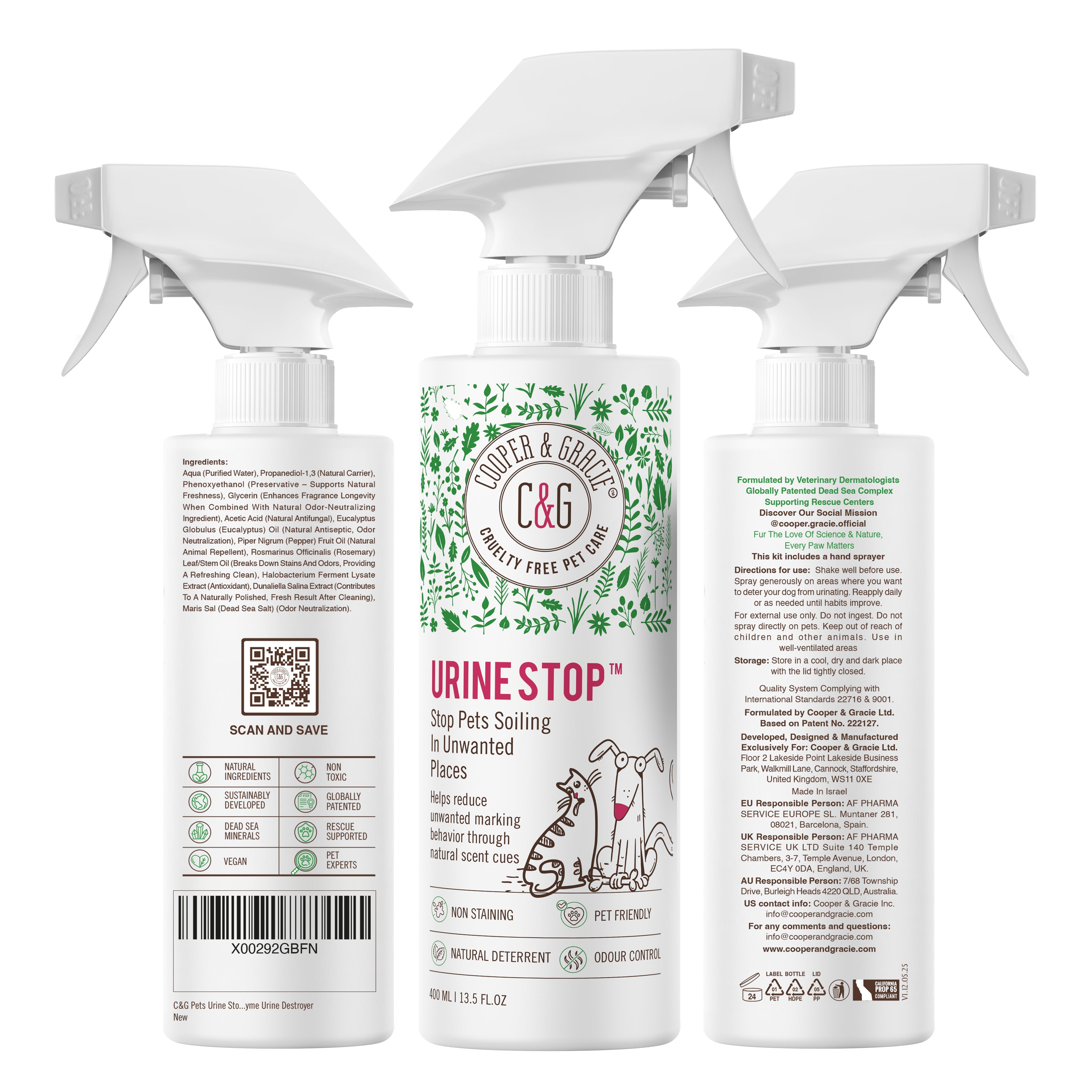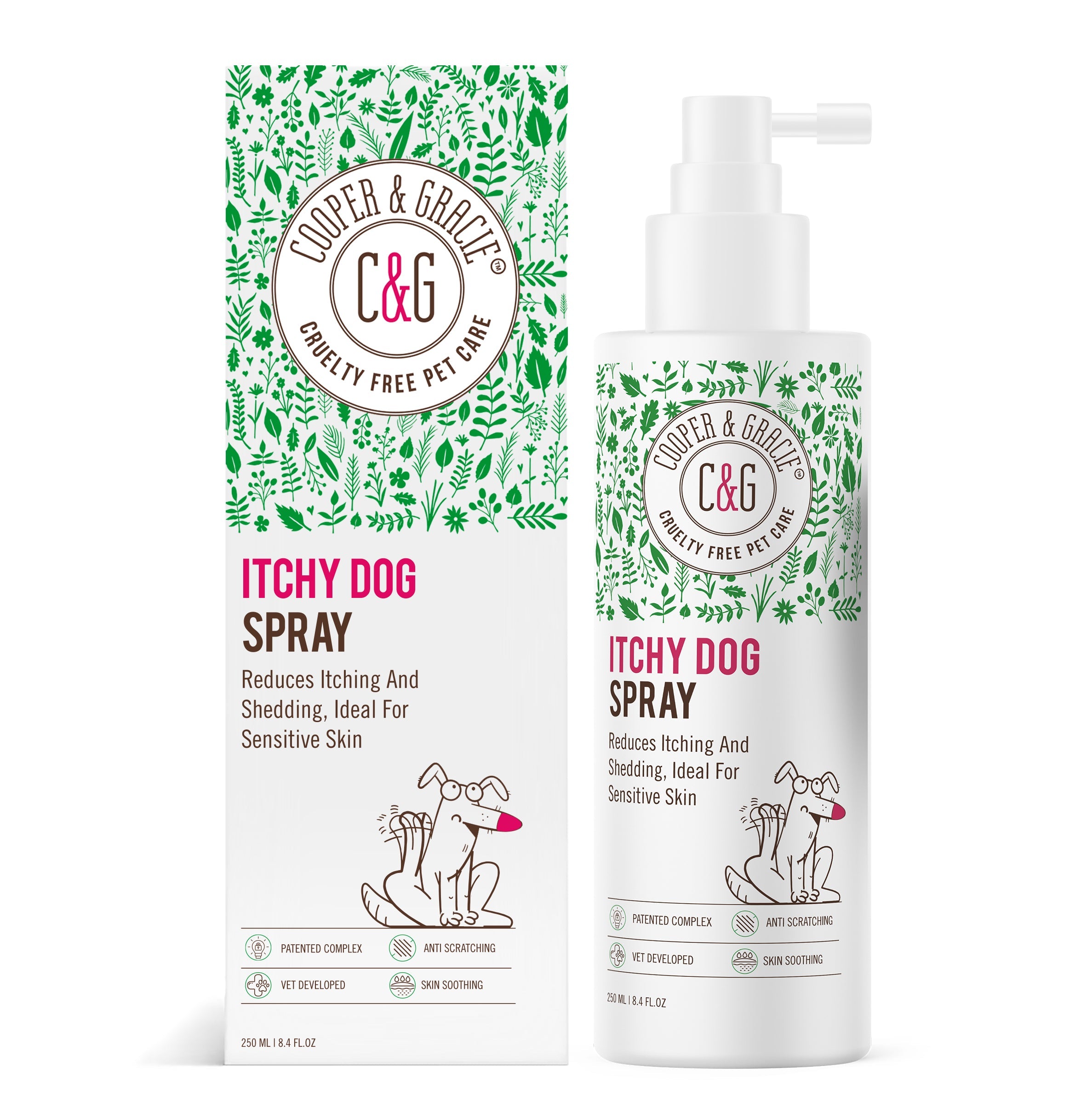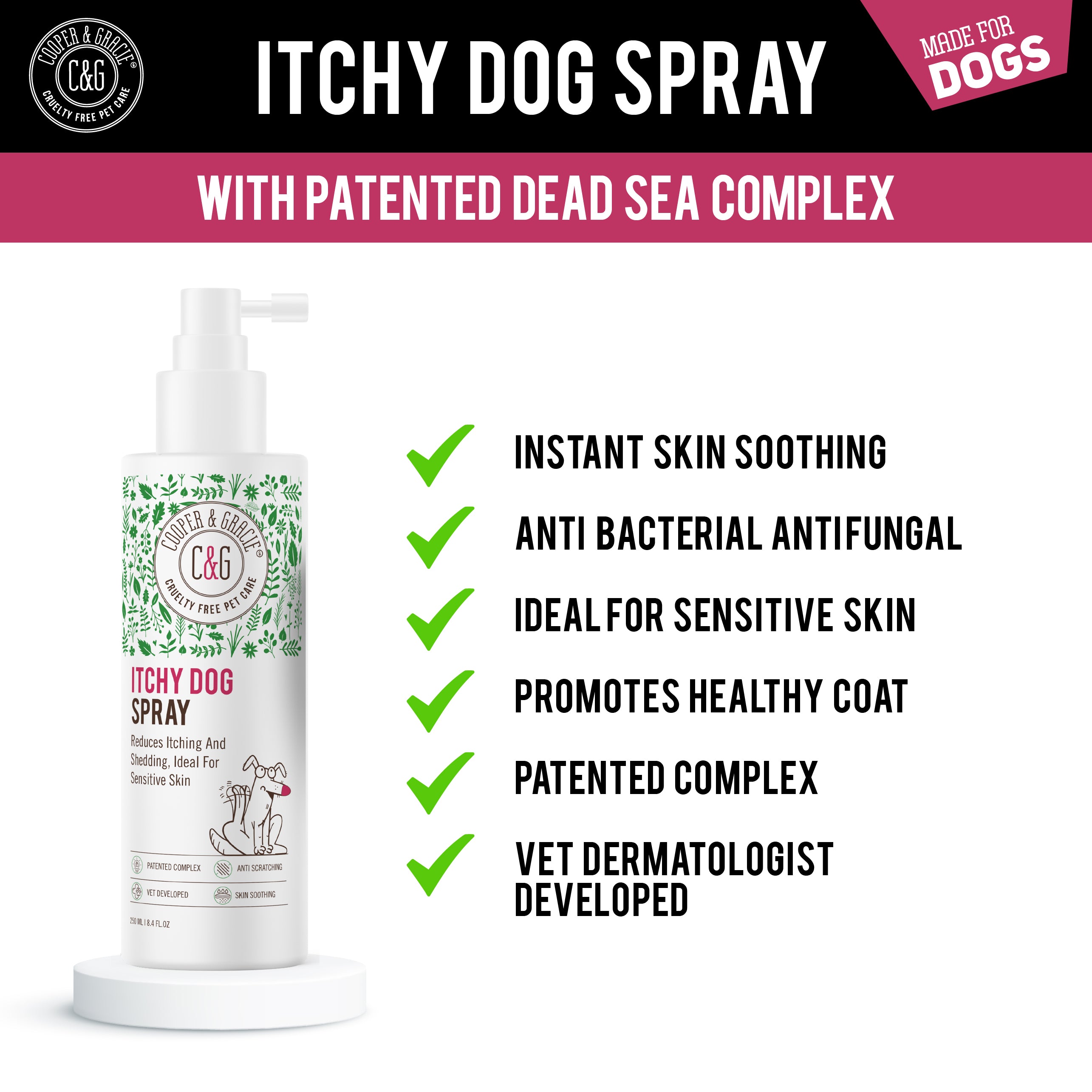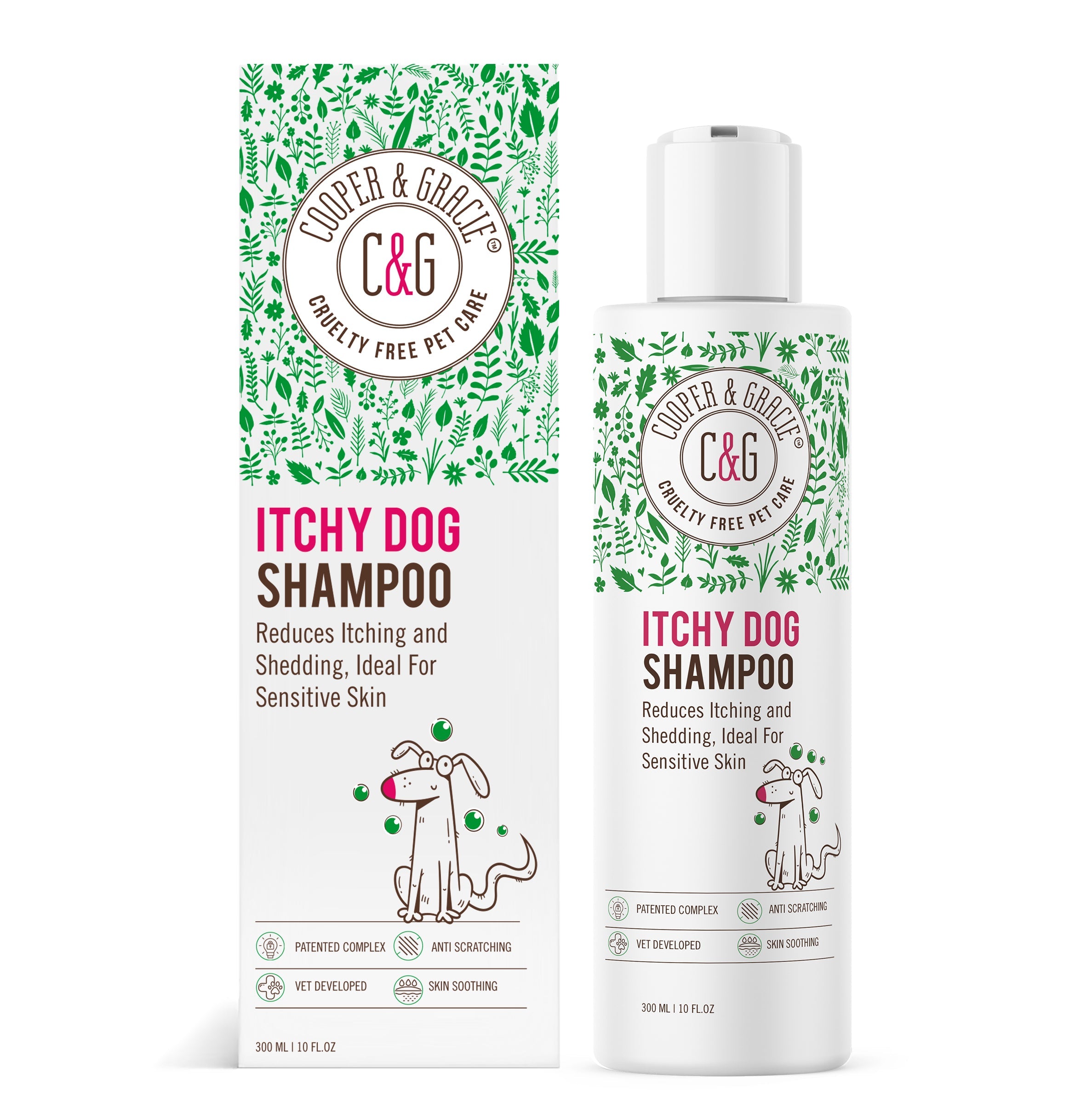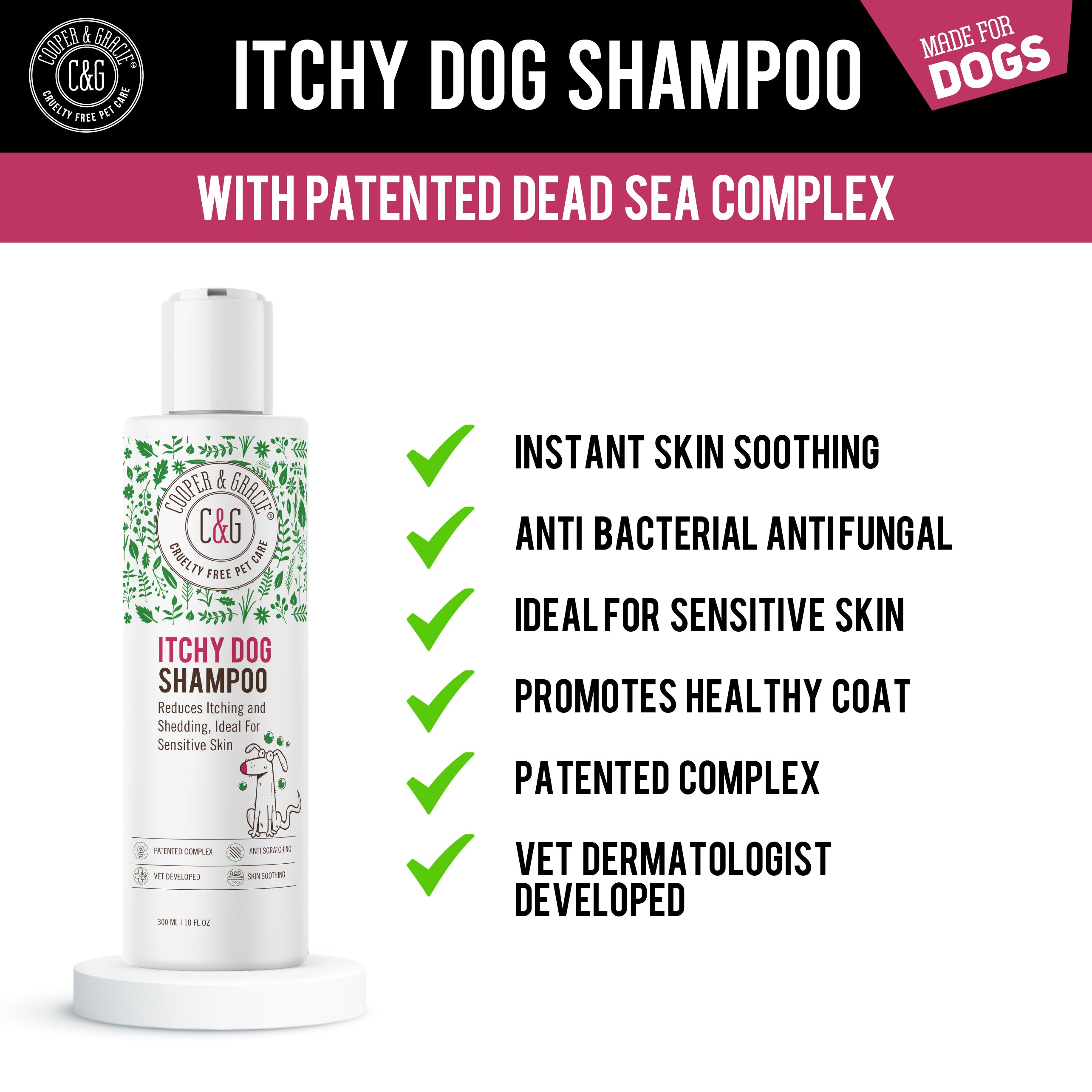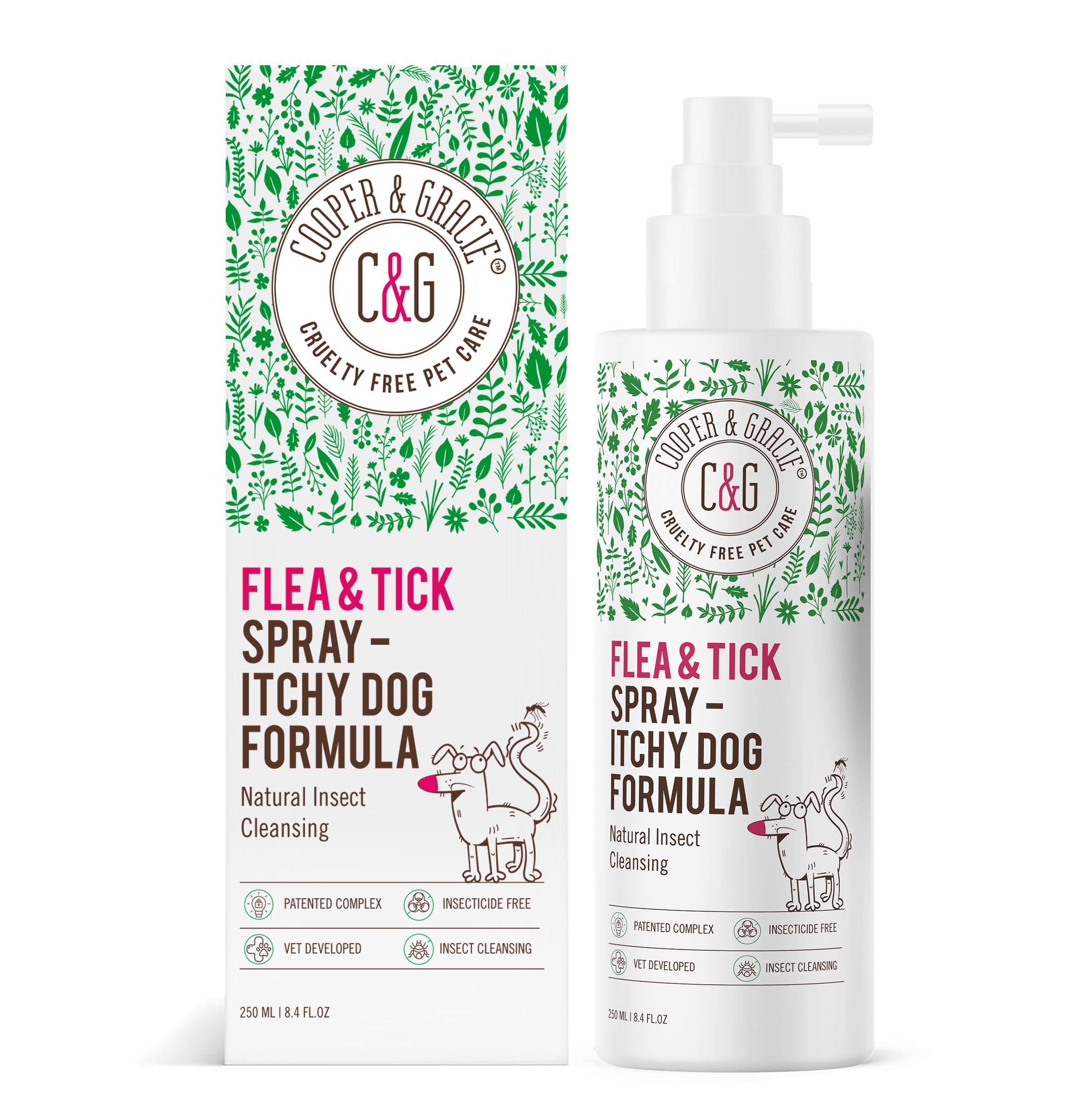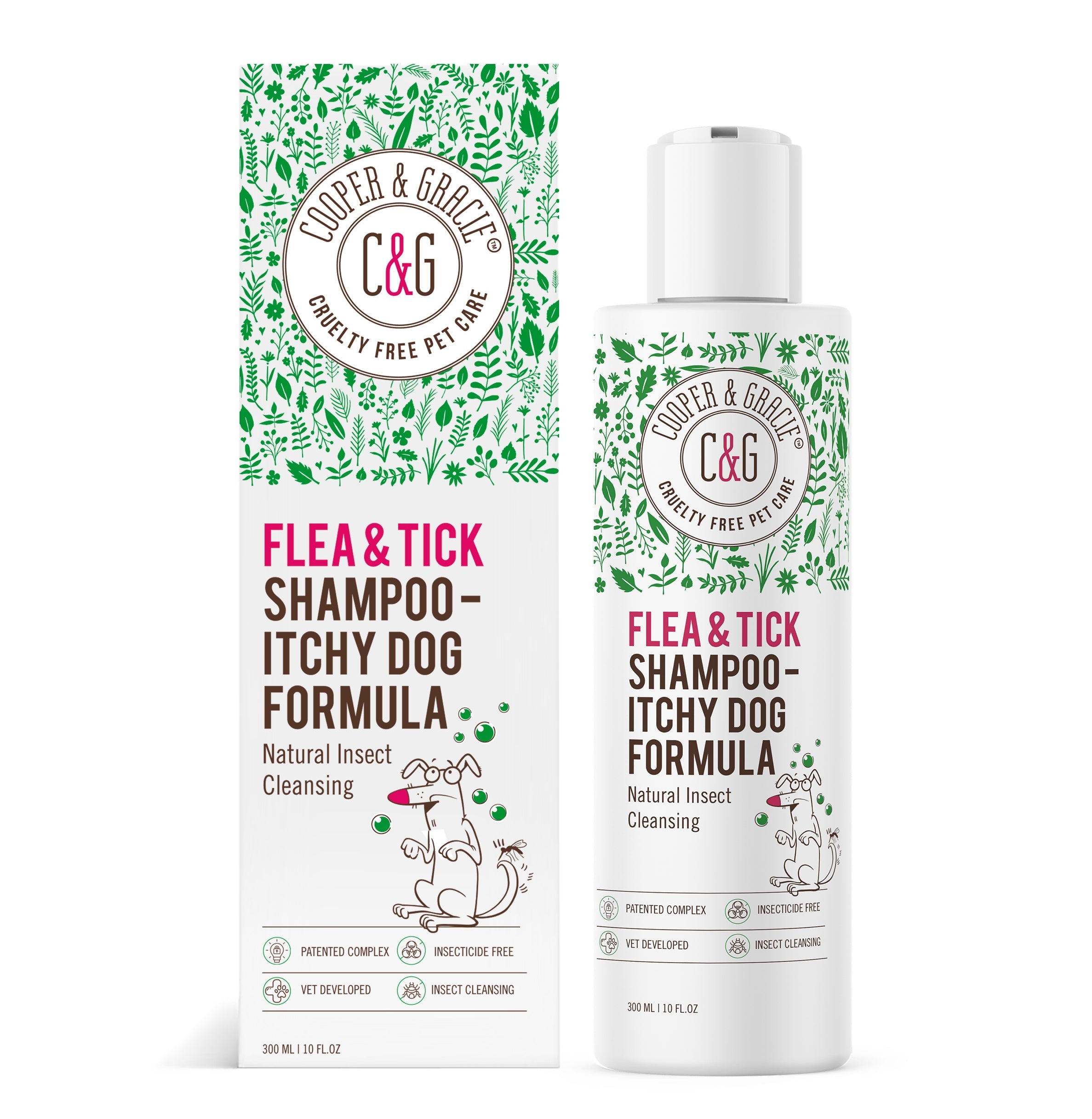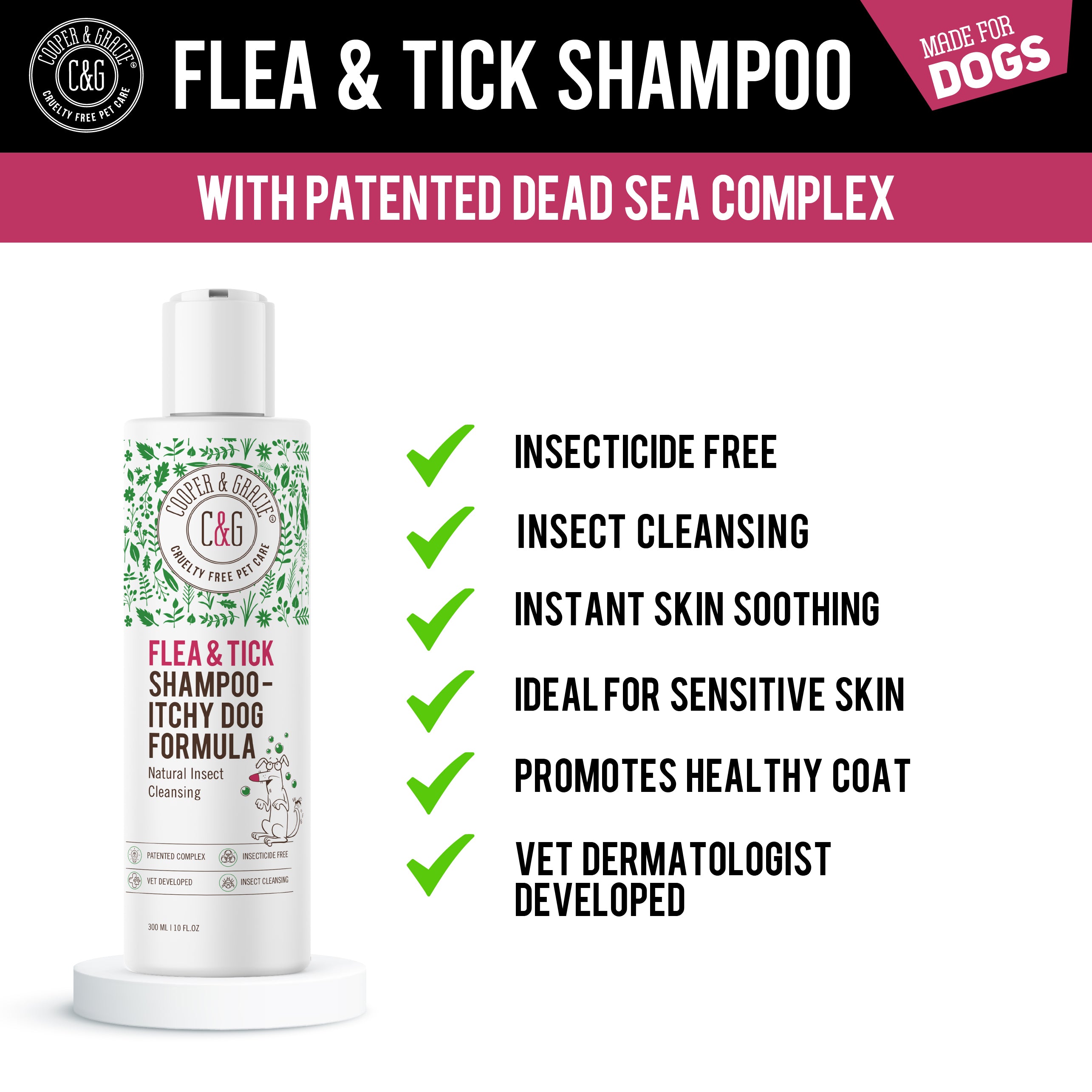My Cat Sounds Congested When Breathing: A Guide to Understanding and Managing Feline Respiratory Issues
Introduction
If you've noticed that your beloved feline friend sounds congested when breathing, it can be a cause for concern. Just like humans, cats can also experience respiratory issues. In this article, we will explore the possible reasons behind your cat's congestion and provide you with essential information on how to address this issue. Let's dive right into it!
What Does It Mean When Your Cat Sounds Congested?
Before delving into the causes and solutions, it's crucial to understand what it means when your cat sounds congested. When we refer to congestion in cats, we're talking about any abnormal sounds or obstructions in their nasal passages or airways that hinder smooth breathing. These sounds can range from mild sniffling to more severe wheezing or raspy breathing.
Common Causes of Congestion in Cats
1. Upper Respiratory Infections (URIs)
URIs are among the most common causes of congestion in cats. They are typically caused by viral infections, such as feline herpesvirus and calicivirus. Symptoms may include sneezing, nasal discharge, and laboured breathing.
2. Allergies
Just like humans, cats can be allergic to various environmental factors, such as pollen, dust mites, or certain foods. Allergic reactions can lead to nasal congestion and other respiratory issues.
3. Foreign Objects
Cats are known for their curiosity, and sometimes they may inhale or swallow foreign objects, leading to blockages in their airways. This can result in congestion and difficulty breathing.
4. Dental Problems
Untreated dental issues can also lead to nasal congestion in cats. Inflammation or infection in the oral cavity can extend to the nasal passages, causing discomfort and breathing problems.
5. Tumours or Polyps
Though less common, the presence of tumours or polyps in a cat's nasal passages can cause congestion. These growths can obstruct the airflow, leading to noisy breathing.
How to Help Your Congested Cat
Consult Your Vet
If your cat exhibits persistent congestion or other concerning symptoms, it's crucial to consult your veterinarian promptly. Your vet will conduct a comprehensive examination that may include:
-
Physical Assessment: They will examine your cat's nose, throat, and overall health to assess the severity of congestion.
-
Diagnostic Tests: Your vet may recommend diagnostic tests such as bloodwork, X-rays, or nasal swabs to identify the precise cause of the congestion.
-
Treatment Plan: Once the underlying cause is determined, your vet will tailor a treatment plan that may involve medications like antibiotics for infections or anti-inflammatory drugs for allergies.
By seeking professional veterinary care, you can ensure that your cat receives the most appropriate and effective treatment, improving their comfort and well-being.
Maintain a Clean Environment
Maintaining a clean environment is particularly crucial for cats with allergies. To reduce congestion and improve your cat's respiratory health:
-
Regular Cleaning: Clean your home regularly, focusing on areas where allergens may accumulate, such as carpets, upholstery, and curtains. Use a vacuum cleaner equipped with a HEPA filter to trap allergens.
-
Allergen Removal: Identify specific allergens that affect your cat and take steps to minimise their presence. This may include using allergen-proof covers for your cat's bedding and avoiding the use of scented cleaning products.
-
Good Ventilation: Ensure proper ventilation in your home to reduce indoor air pollutants. Use air purifiers with HEPA filters to remove allergens from the air.
By maintaining a clean and allergen-free environment, you can significantly alleviate your cat's congestion and provide them with a healthier living space.
Dental Care
Dental issues can indeed contribute to congestion in cats. To address this hidden cause:
-
Regular Check-ups: Schedule routine dental check-ups with your vet. During these visits, your vet will examine your cat's oral health, identify dental problems, and recommend appropriate treatment.
-
Dental Cleaning: Professional dental cleaning may be necessary to remove tartar and plaque buildup, which can lead to oral infections that affect the nasal passages.
-
At-Home Dental Care: Your vet can guide you on maintaining your cat's dental health at home, including tooth brushing and providing dental treats or supplements.
Prioritising your cat's dental care can prevent oral issues that might contribute to congestion, promoting their overall well-being.
Allergy Management
Identifying and managing your cat's allergies is essential for relieving congestion:
-
Allergy Testing: Consult your vet for allergy testing to pinpoint the specific allergens affecting your cat. This may involve blood tests or skin tests.
-
Dietary Changes: If food allergies are identified, your vet can recommend a hypoallergenic diet tailored to your cat's needs.
-
Medications: In some cases, your vet may prescribe allergy medications such as antihistamines or corticosteroids to alleviate symptoms.
Effective allergy management can significantly reduce congestion and improve your cat's overall quality of life.
Surgical Intervention
In severe cases, such as nasal tumours or polyps, surgical intervention may be necessary to address congestion:
-
Consultation with Specialists: Your vet may refer you to a specialist, such as an oncologist or surgeon, for a thorough evaluation and surgical planning.
-
Surgical Removal: Depending on the diagnosis, surgical removal of tumours or polyps may be performed. Your cat's specialist will discuss the procedure and recovery process with you.
-
Post-Operative Care: After surgery, your cat will require post-operative care and monitoring to ensure a smooth recovery.
Surgical intervention, while more invasive, can be life-saving in severe cases of congestion caused by obstructions, offering your cat a chance at improved respiratory health.
Conclusion
Your cat's well-being is of utmost importance, and any signs of congestion should not be taken lightly. By understanding the potential causes and seeking timely veterinary care, you can help your feline friend breathe easier and lead a healthy life.
FAQs (Frequently Asked Questions)
1. Can I use over-the-counter human cold medicine for my congested cat?
No, it's not safe to use human medication for cats without consulting a veterinarian. Some substances in human medicine can be toxic to cats. Always seek professional advice.
2. Is it normal for my cat to sneeze occasionally?
Occasional sneezing is normal, but if it becomes frequent or is accompanied by other symptoms like nasal discharge, it's best to consult your vet.
3. Are there any home remedies for cat congestion?
While keeping a clean environment and ensuring good dental care can help, it's essential to consult your vet for specific guidance and treatment options.
4. Can cat allergies develop over time?
Yes, cats can develop allergies over time. Environmental changes or exposure to new allergens can trigger allergies even in older cats.
5. How can I prevent my cat from inhaling foreign objects?
To prevent your cat from inhaling or swallowing foreign objects, keep small items out of their reach and provide safe, supervised playtime with appropriate toys.
In this comprehensive guide, we've explored the reasons behind your cat's congestion and provided valuable insights into how to address this issue. Remember that your cat's health is a top priority, and seeking professional guidance from your veterinarian is always the best course of action.
Join the Cooper and Gracie Family for a Healthier, Happier Cat!
At Cooper and Gracie, we are passionate about the well-being of your feline friend. Our mission is to ensure that your beloved cat enjoys a life full of health and happiness.
We understand that you want the very best for your cat, and that's why we've crafted a range of premium cat products and solutions designed to make your furry feline's life better. From top-quality nutritional supplements to grooming essentials, we've got your cat's needs covered.
Join the Cooper and Gracie family today and experience the difference. Choose the best for your cat's health and comfort – because they deserve it.
Don't wait – explore our wide range of products and see the positive impact they can make in your cat's life. Trust in Cooper and Gracie, your dedicated partner in ensuring a healthier, happier cat. Your feline friend will thank you for it!
Related Posts
Why Does My Cat Bite Me When I Pet Him?

